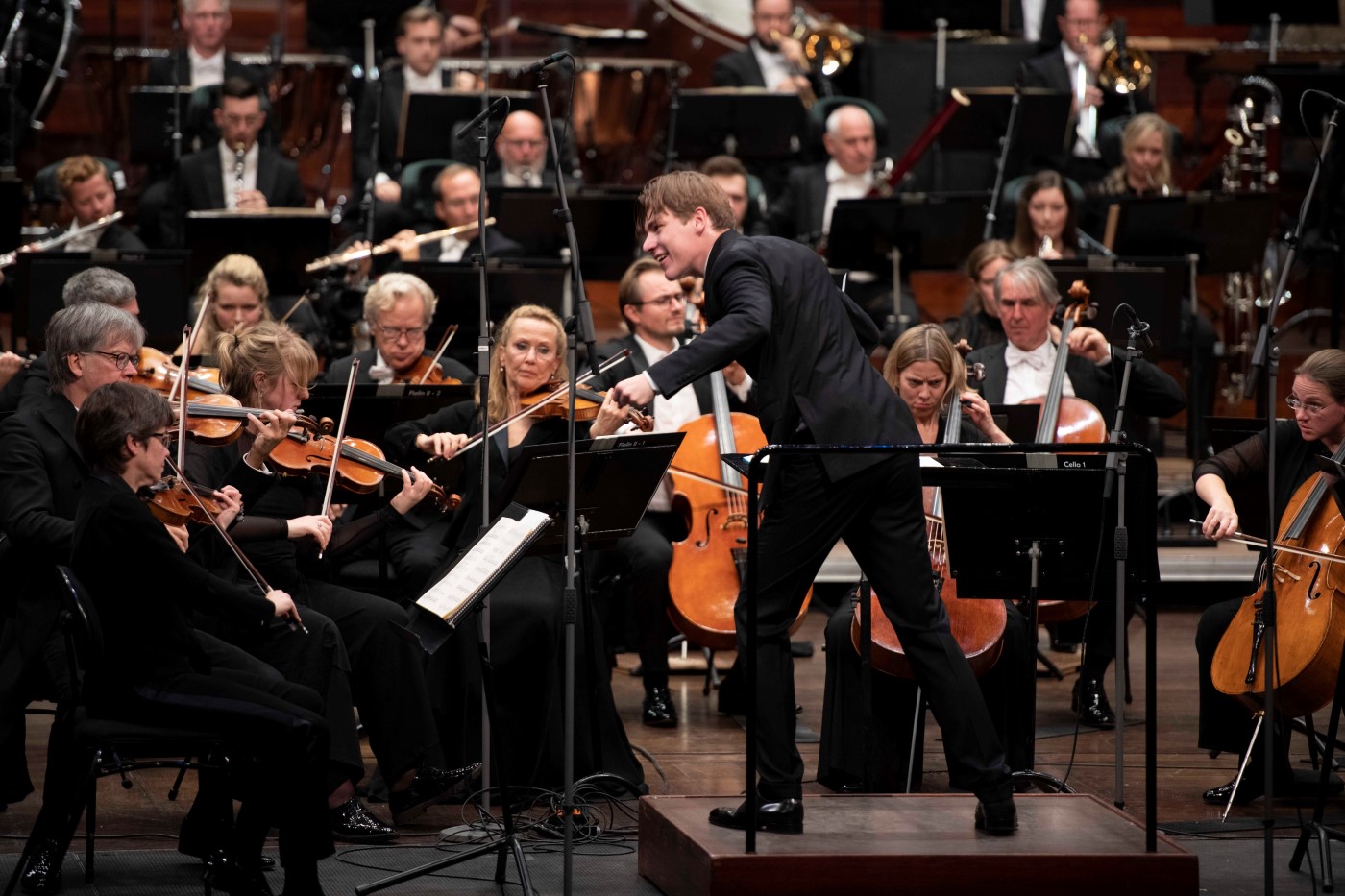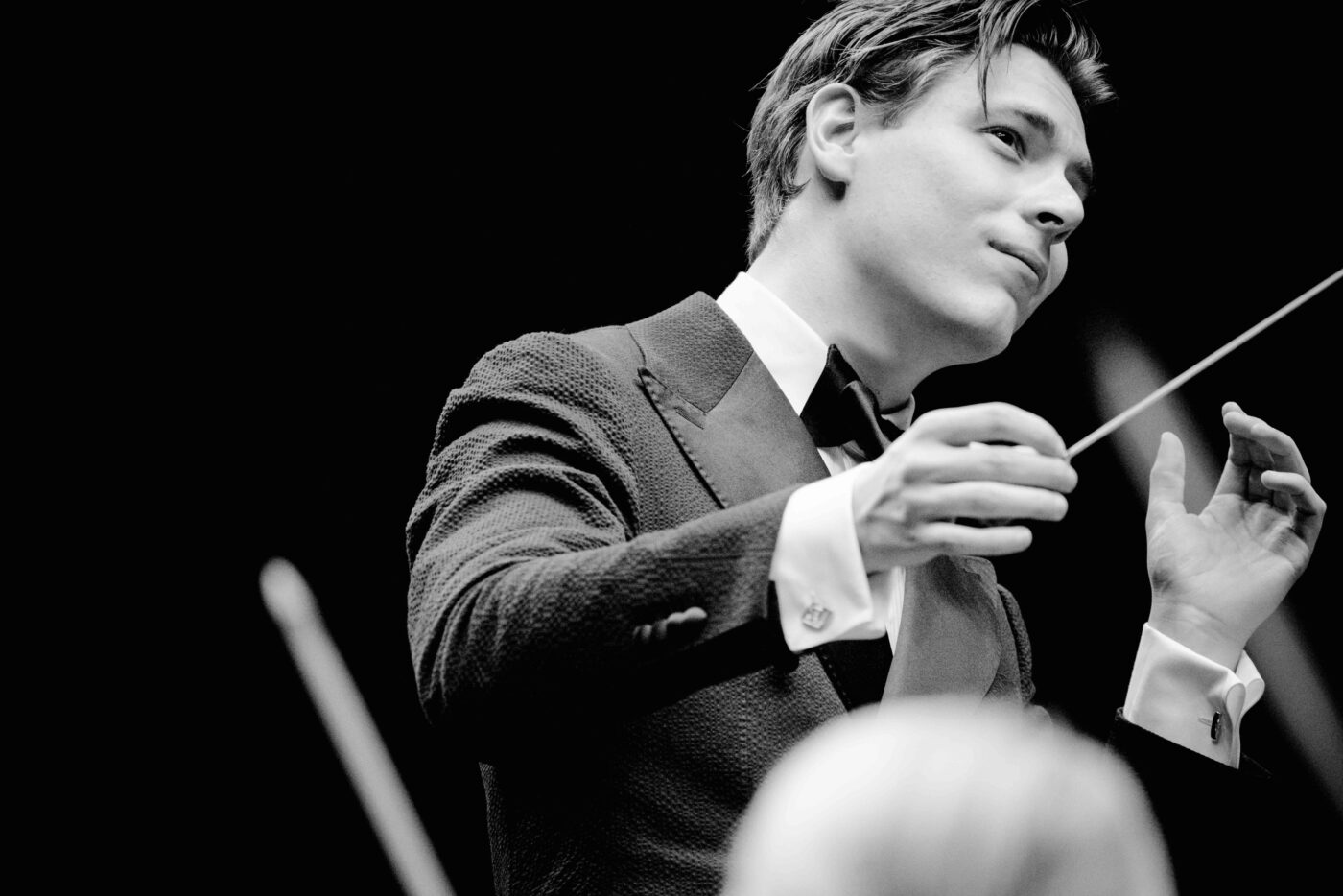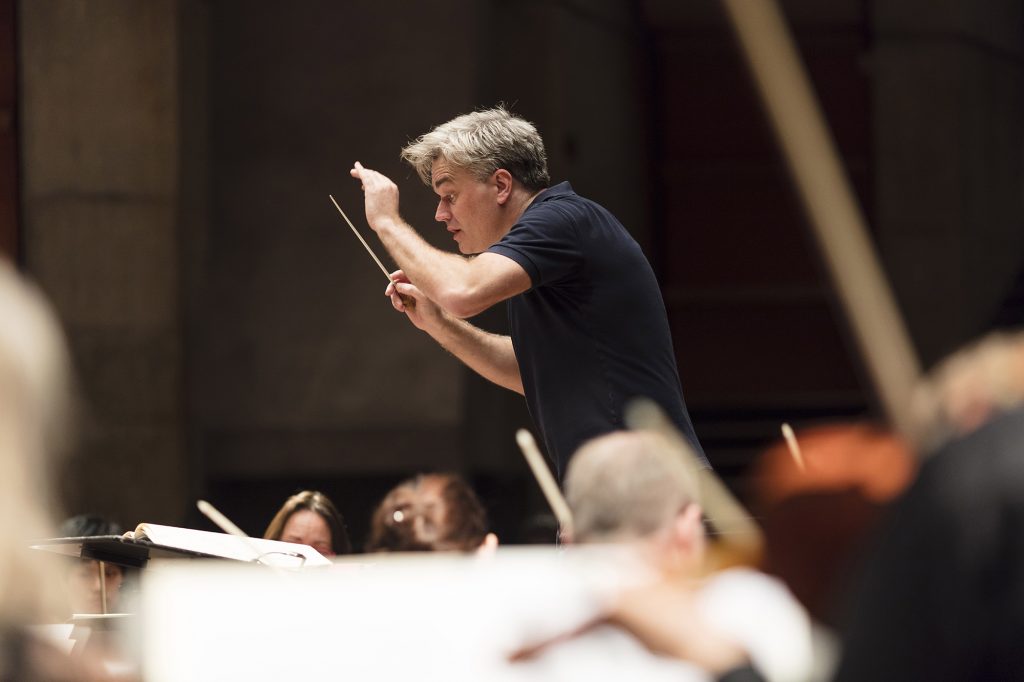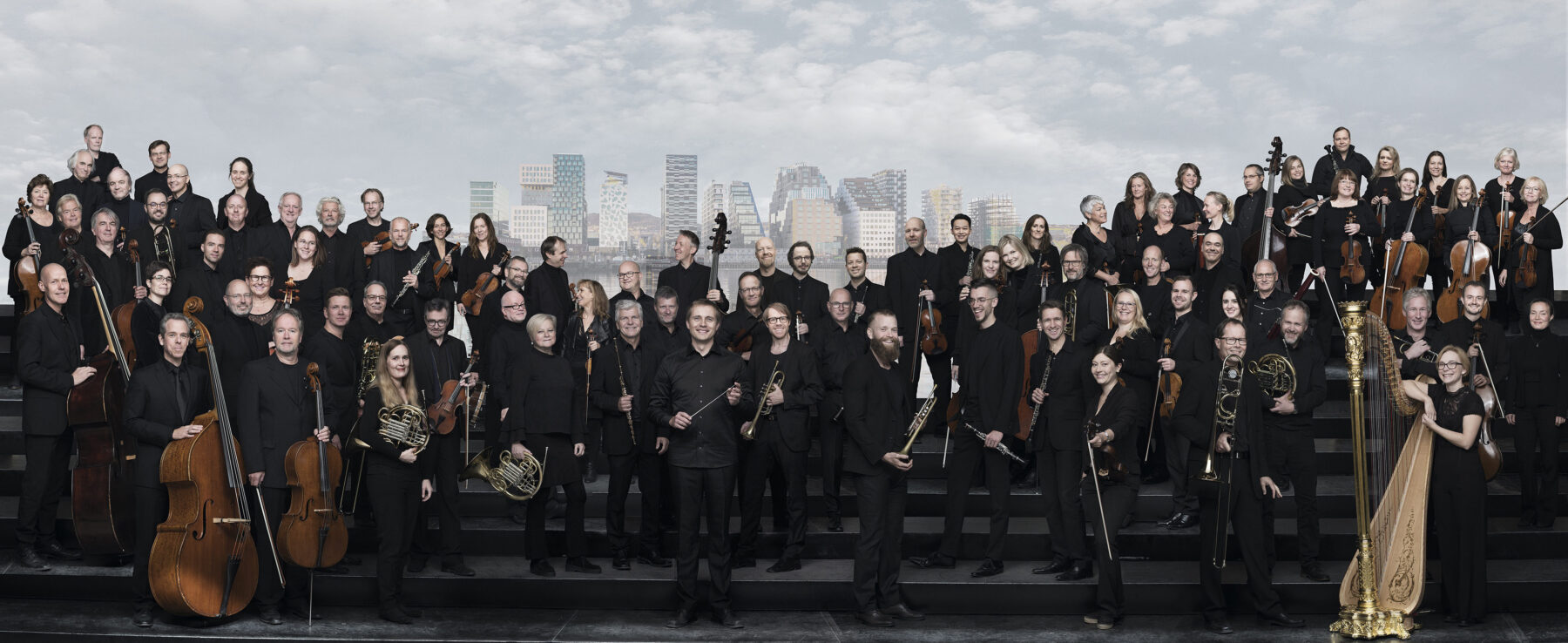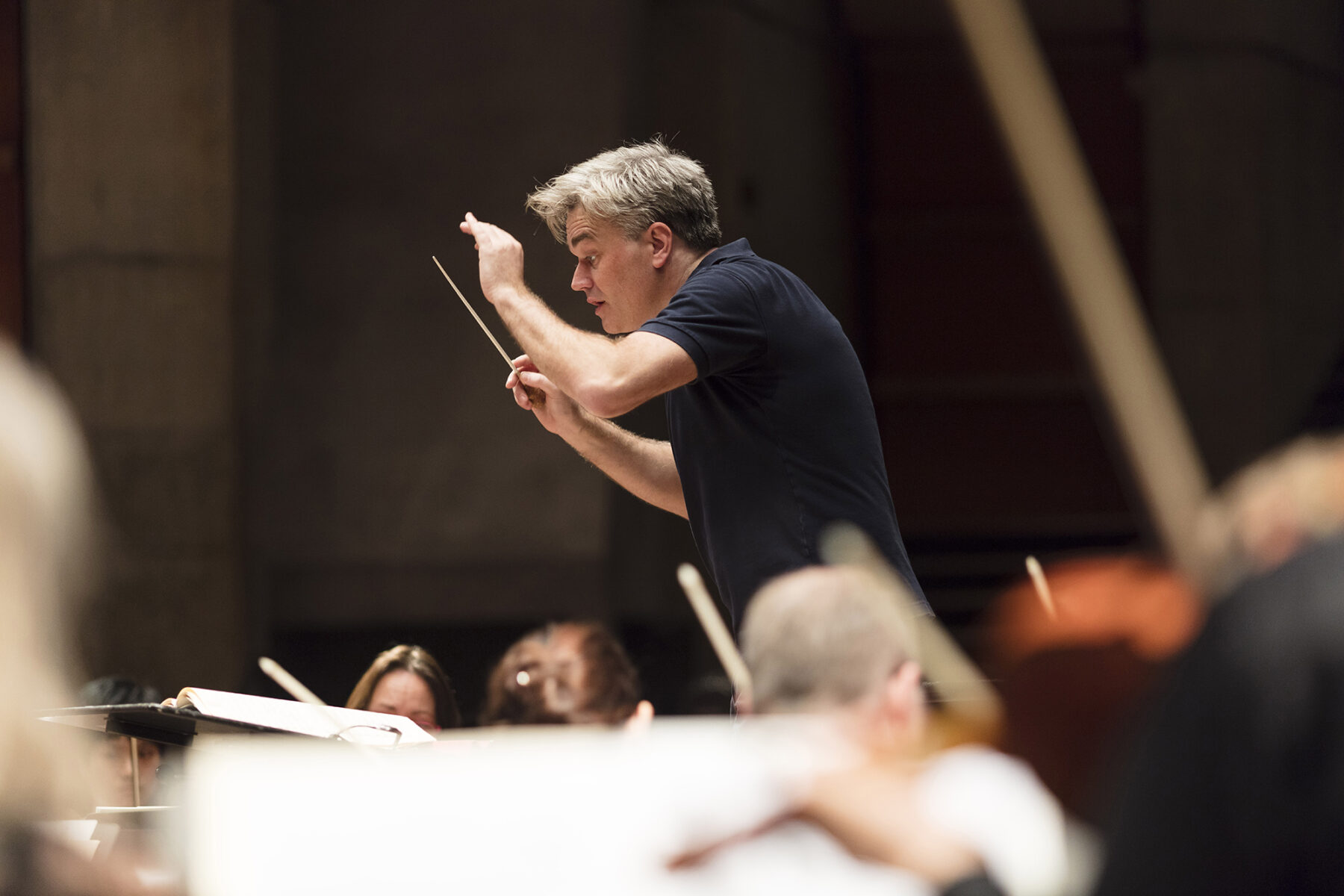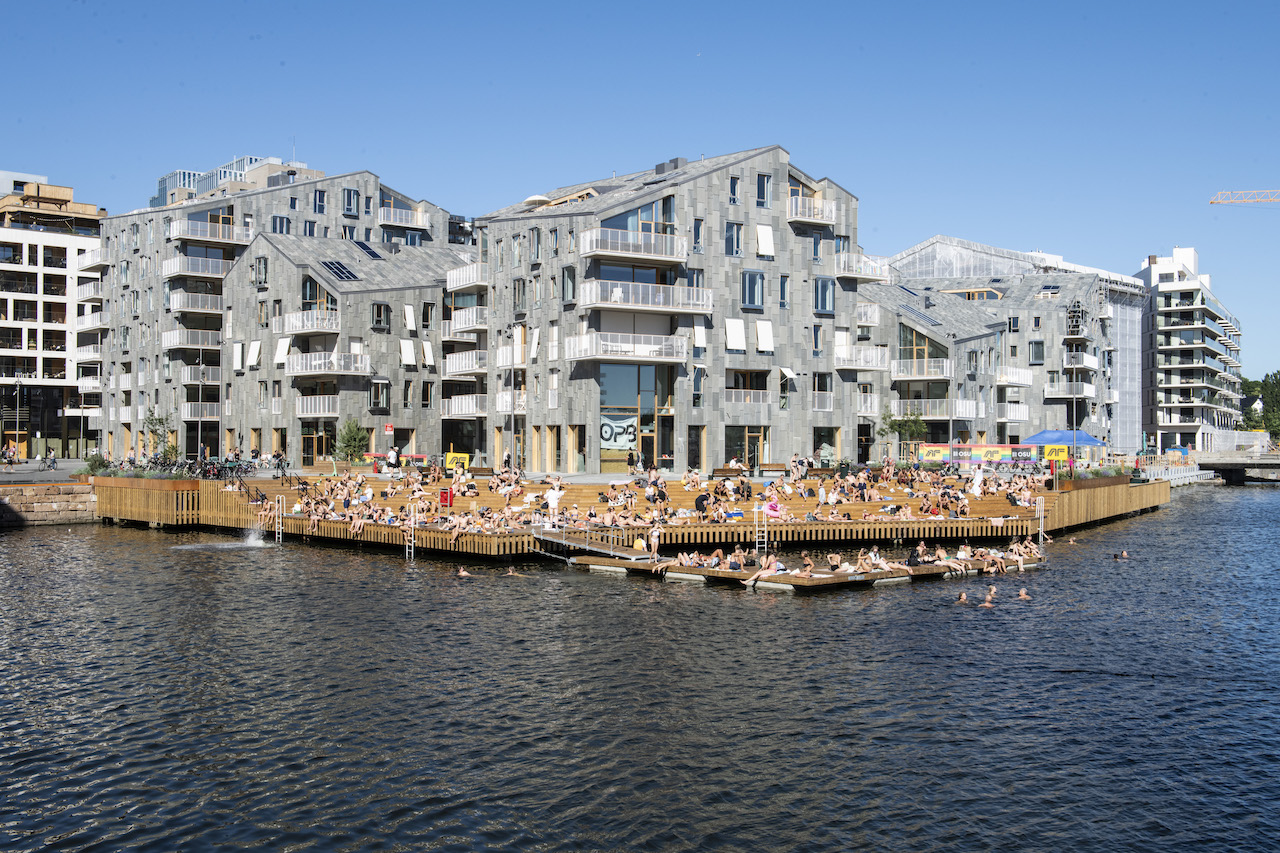Across three evenings this August, Norway’s two best symphony orchestras give concerts in the UK. Andrew Mellor asks what British audiences can expect from the performances.
A healthy rivalry has long kept Norway’s two biggest musical ensembles on their toes. Perhaps that stems from the parallel rivalry that exists between their respective home cities. For many, Bergen on Norway’s evocative west coast represents the nation’s hearth and home – the seat of its folklore and history. Oslo, the ‘new’ capital from where Danes and Swedes once meted out colonial rule, still has much to prove in the eyes of some western Norwegians.
Bergen’s deep roots and breathtaking beauty have come to characterize a town once described to me by a Norwegian musician as “a little bit chauvinist, in the good sense of the word.” While the city has always worked to preserve and nurture its cultural institutions, including a Bergen Philharmonic Orchestra that can trace its roots back to 1765 (older than any in the US or UK), Oslo has had to start almost from scratch – and with all the benefits that brings. It wasn’t until 1919 that the society responsible for establishing the Oslo Philharmonic was founded. A century on, Oslo seems perennially in the grip of a thrilling cultural transformation.
One trait the two Philharmonics have long had in common is their eye for conducting talent. When Bergen’s orchestra plays two concerts at the Edinburgh International Festival on 14 and 15 August this year, it will be under a chief conductor from Britain who has raised it to new levels of technical finesse and whom Norway has taken to its heart, Edward Gardner. The orchestra’s Oslo counterpart will appear at the Proms a few days earlier under a chief conductor who can safely be described as the most sought-after orchestra leader of his generation: Klaus Mäkelä.
- Klaus Mäkelä (Photo: Marco Borggreve)
- Edward Gardner with the Bergen Philharmonic Orchestra (Photo: Lars Svenkerud)
It was a superlatively talented conductor who wrote the Oslo Philharmonic into modern orchestral history. The Latvian Mariss Jansons became the orchestra’s Chief Conductor in 1979 and went on to make a series of recordings (mostly of Russian music) that are still discussed today. Jansons took the orchestra apart, worked on every section and then put it back together again to create one of the most formidable and charismatic orchestral machines. Audiences got used to the orchestra’s silky, focused string sound and its smooth-blend brass and winds – even in performances that transcended those qualities.
In 1990, a Russian named Dmitri Kitajenko arrived in Bergen – the first in a procession of international conductors who would change the local orchestra’s sense of itself. His successor in 1998 was the Australian Simone Young. By then, the Bergen Philharmonic had gone international. “It knew it knew it still existed for the people of Bergen,” the Norwegian pianist Christian Ihle Hadland once told me, “but the players realized that if they wanted to travel they had to be sharp all the time. There was suddenly a strong will to make music.” When the American Andrew Litton took over in 2003, the orchestra’s recording activities made it almost impossible to ignore for music fans anywhere in the world.
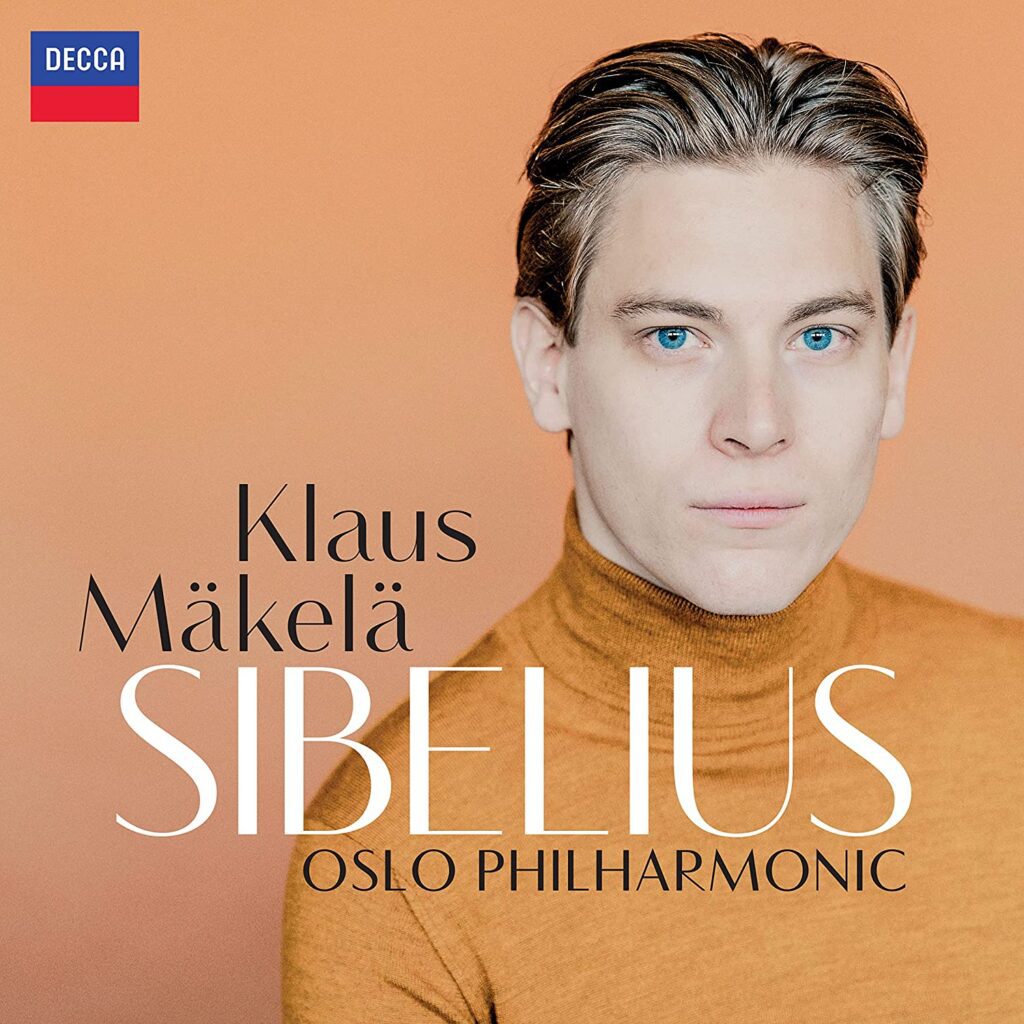
Klaus Mäkelä and Oslo Philharmonic, Sibelius (Decca)
Both ensembles have had their ups and downs. Yet both appear to be on an ‘up’ right now. In 2020, Mäkelä inherited an Oslo Philharmonic fresh from 7 years of high-end tinkering and re-calibration under Vasily Petrenko. Almost immediately, pandemic-related lockdowns allowed the incoming Finnish conductor to work intensely with his new colleagues for weeks on end – unheard of in normal orchestral schedules. It was, Mäkelä told me in January, “absolutely the right way” to start his relationship with the orchestra. Among the first fruits was a recording of the complete symphonies of Jean Sibelius that has been the talk of the summer in Nordic music circles.
Meanwhile in Bergen, Edward Gardner is well into the stride of a tenure that began in 2015 and has already produced a Gramophone Recording of the Year, for an account of Peter Grimes, Benjamin Britten’s opera centred on – appropriately – a tight-knit coastal community. Following their performance of Grimes at the Edinburgh Festival in 2017, the orchestra will again underline its theatrical tendencies in Scotland with a concert performance of Richard Strauss’s operatic hair-raiser Salome. Joining it is the Swedish soprano Malin Byström, whose performance in the opera’s title role in Amsterdam proved captivating.
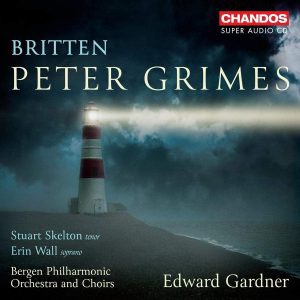
Britten: Peter Grimes. Bergen Philharmonic Orchestra and Choirs conducted by Edward Gardner (Chandos)
Both orchestras bring piano concertos to the UK. In Edinburgh, Icelandic pianist Víkingur Ólafsson will make his Festival debut with Schumann’s concerto while at the Proms, Yuja Wang is at the piano stool for the first concerto by Liszt – a score ripe for her credentials as a firecracker virtuoso with technique to spare. Gripping orchestral showpieces from the 20th century make up both orchestral concerts: Strauss’s semi-autobiographical picture of ambition, bravery and resilience, Ein Heldenleben, from the Oslo Philharmonic (whose recording of the work under Petrenko was a Gramophone Editor’s Choice), and all the hypnotic atmosphere, nervous energy and devilish cunning of Rachmaninoff’s Symphonic Dances from the Bergen Philharmonic.
So what should we be listening out for? Analyzing the particular strengths and sound-styles of major international orchestras is a tricky business these days, as globalization erodes idiosyncrasies and expectations of versatility lead to a certain uniformity of approach.
“There is something in the sound that is so old and lovely and woody, like the nature that surrounds this city”
Edward Gardner
Still, the Bergen Philharmonic enjoys the privilege of its own miniature musical ecosystem, with a core of players fed into its ranks from the local conservatory and its own youth orchestra. “There are Americans, Koreans, Japanese… a big range of players in the orchestra,” Gardner told me in 2018, “but this is definitely a Norwegian orchestra in temperament. There is something in the sound that is so old and lovely and woody, like the nature that surrounds this city.”
That sound is particularly famed in music by local composer Edvard Grieg – notably in the slow music of ‘Death of Åse’ from the composer’s music for Ibsen’s play Peer Gynt. The Bergen Philharmonic plays it like no other ensemble, whoever is conducting. Still, you’ll likely hear those very tender string sounds in the slinky central movement of Rachmaninoff’s Symphonic Dances as well in the concert’s opener, Ravel’s La Valse. As for Grieg, few composers influenced him quite like Robert Schumann did. In the intimate pillow talk of the German composer’s piano concerto, you’ll be sure to hear more examples of that supple string playing.

Bergen Philharmonic Orchestra on the waterside (Photo: Oddleiv Apneseth)
Talk to Klaus Mäkelä about his Oslo Philharmonic, and he’ll describe the technique and work ethic instilled by his predecessor by four steps, Jansons. “He built up the quality of the orchestra by insisting on precision and preparation. And still when people come to work Monday morning, they are prepared,” Mäkelä told me in January at the Oslo Concert Hall, seated below a framed portrait of the Latvian in the Chief Conductor’s dressing room he now occupies.
In the case of the Oslo Philharmonic, that translates into a striking virtuosity that is likely to ensure Strauss’s Ein Heldenleben leaps off the page. Under Petrenko and Jukka-Pekka Saraste (Chief Conductor 2006-13), the orchestra carried with it a whiff of Oslo’s own fresh air – clean, smooth, well-defined and with a silky string sound that facilitated extreme detail and even fostered it in other sections. Mäkelä appears to be adding some calories to that, incubating a more upholstered sound while not sacrificing a strong sense of articulation and detail (he has even got the orchestra playing Bach).
But he opens his Prom with Sibelius. Specifically, with the tantalizing, teetering tone poem Tapiola. This elusive masterpiece, on the surface an invocation of the spirit of the Finnish forest as set out in folkloric poetry, can be viewed as the composer’s last word – the project with which Sibelius allowed himself to be drawn in to a three-decade silence; a distillation of his music almost to the point of complete evaporation. Mäkelä’s muscular recording of the piece with the Oslo Philharmonic proved the strength with which he is imbuing the ensemble while going all-in on the work’s elemental power – an approach that is bound to prove atmospheric in the cavernous surroundings of the Royal Albert Hall.
Tapiola, believes Mäkelä, is fascinating in its combination of innovation and retrospection: stretching the limits of tonality while concurrently glancing back towards the earliest works in the composer’s career and to Finnish folk music too. The score was also recently recorded by Gardner’s Bergen Philharmonic, as part of a wide-ranging traversal of Sibelius’s music with a guest appearance from Lise Davidsen.
Sibelius himself conducted both the Oslo and Bergen Philharmonics in the spring of 1921, a century almost to the day since Mäkelä’s recordings were made. The composer could never have imagined the major role Nordic music and musicians would come to play in British and European music life – nor the extraordinary infrastructure that would spring up in the region, from Stavanger in the west of Norway to Joensuu in the East of Finland. He certainly wouldn’t have dreamed of a day when audiences in the UK could look forward to hearing multiple Nordic orchestras play live in one summer, savoring not just their own music but the very particular sound they make.
Andrew Mellor is author of The Northern Silence – Journeys in Nordic Music and Culture (Yale University Press, 2022)
Friday 12th August, Royal Albert Hall: Prom 35: Yuja Wang with the Oslo Philharmonic and Klaus Mäkelä
Sunday 14th August, Usher Hall, Edinburgh: Malin Byström with the Bergen Philharmonic, Salome
Monday 15th August, Usher Hall, Edinburgh: Víkingur Ólafsson with the Bergen Philharmonic, Ravel, Schumann & Rachmaninov
Interested in staying in touch with Norwegian Arts and receiving news of upcoming Norwegian cultural highlights in the UK? Sign-up for our newsletter.
Top Photo: Klaus Mäkelä conducting the Oslo Philharmonic (credit: Rune Bendiksen)

